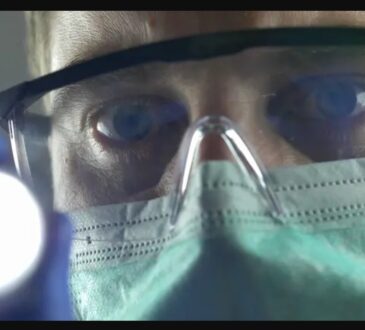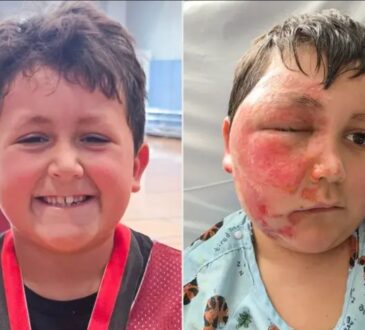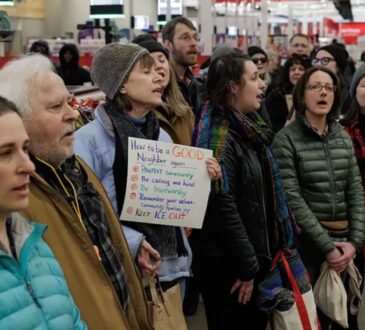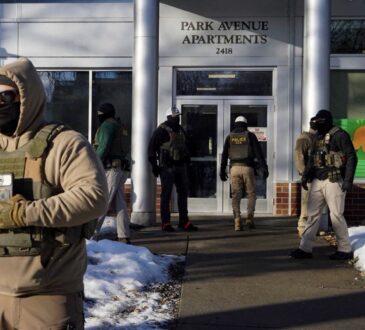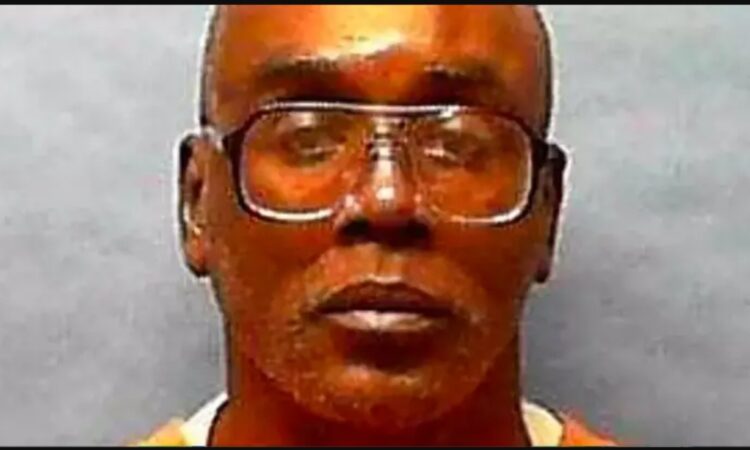
More than thirty years after a horrific crime, justice was carried out in Florida this week when Victor Tony Jones was executed for the murders of Jacob and Matilda “Dolly” Nestor.
Jones, now 64, had been working for the Nestors in their Miami medical supply shop back in 1990 when he turned on them during a robbery. He fatally stabbed Matilda in the neck and Jacob in the chest. Despite being mortally wounded, Jacob managed to reach an office, grab a pistol, and fire several shots at Jones, hitting him once in the forehead. Police later found Jones bleeding and carrying the couple’s cash and belongings. He survived, was arrested, and in 1993 was convicted of two counts of first-degree murder and armed robbery. He was sentenced to death.
On Tuesday evening, September 30, Jones was executed by lethal injection at Florida State Prison near Starke. Asked if he had any last words, he simply replied, “no, sir.” He was pronounced dead at 6:13 p.m. The procedure was confirmed to have been carried out without complications. His execution marked the 13th in Florida this year, more than any other state.
Family members of the Nestors, including their daughter Irene Fisher and her children, witnessed the execution. Irene admitted to having mixed feelings afterward, saying that her parents had been killed in an especially brutal way that stood in stark contrast to the calm, clinical process of the execution. “My father fought for 20 minutes with a stab wound in his heart, and my mother died instantly in the bathroom on a cold floor,” she said. “After seeing what I saw tonight, I wish my parents had that opportunity to die so gracefully—close your eyes and just go.”
Despite the tragedy, Irene shared that something positive has come from the past. The site of her parents’ former shop has since been turned into a community center. She believes her parents would have been proud, as they had always been active in helping their neighborhood.
Jones had tried to delay his execution with last-minute appeals, arguing that he had endured abuse growing up and suffered from intellectual disabilities. Both claims were rejected, and the U.S. Supreme Court declined to hear his case just hours before the scheduled execution.

